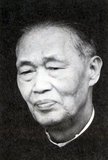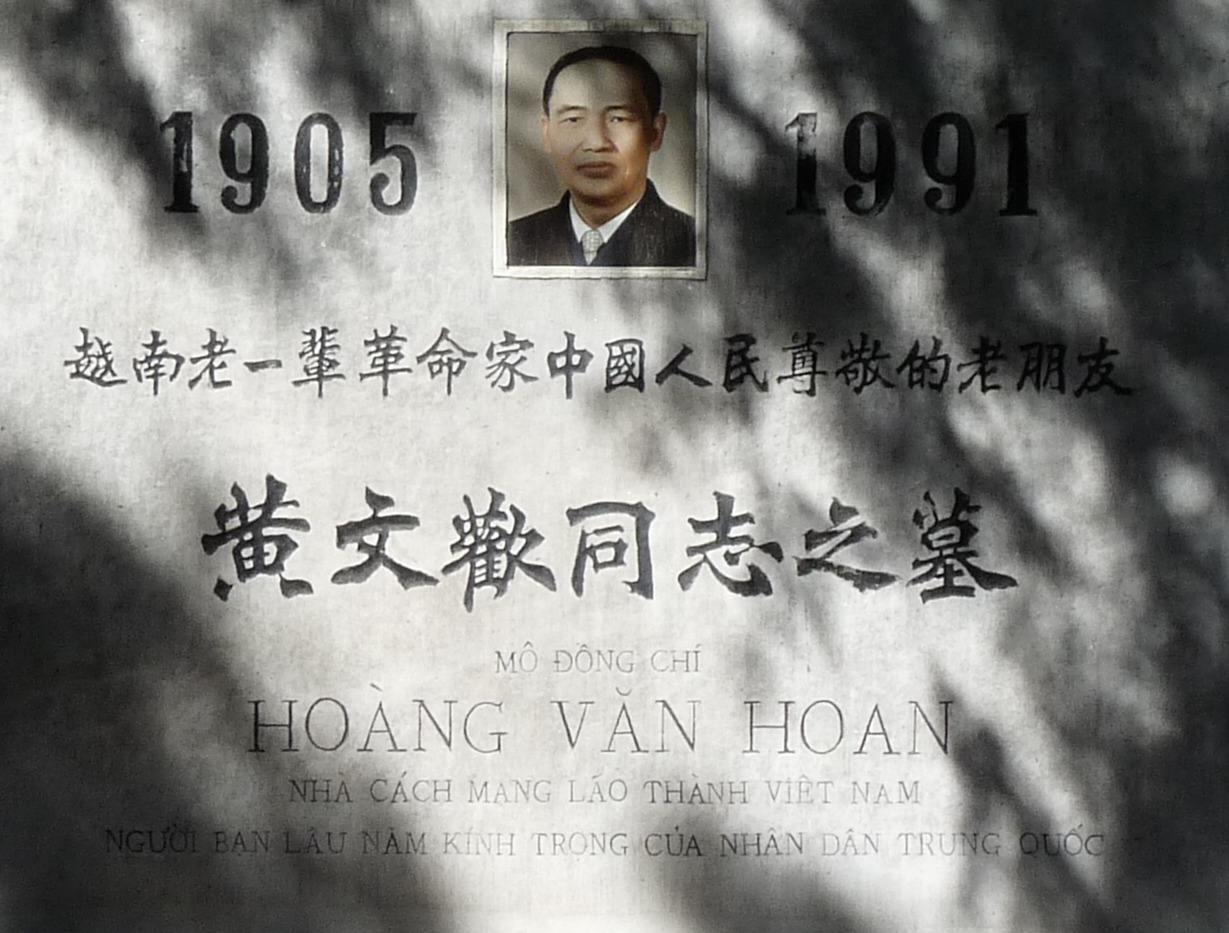Hoang was a close friend and assciate of Ho Chi Minh during the 1930s when they organized political movements to overthrow the French colonial presence. They continued their friendship, and Hoang advanced as Ho gained power.
When Ho Chi Minh died in 1969, the faction that had assumed power turned their attention to the Soviet Union. They rejected ties to China and following the brief Chinese Vietnamese border war in 1979, Hoang became a persona non grata. In 1979, he escaped Vietnam. Hoang made his way to China via Germany. He reported that the rejection of China had led to a persecution of minorities of Chinese descent in Vietnam, comparing their treatment with that of the Nazi's persecution of the Jews. For the previous few years there had been forcible relocation of ethnic Chinese from the cities to the countryside, confiscation of businesses and wealth, and a general suppression of the Chinese language and culture. Ethnic Chinese were to integrate into Vietnam or suffer the consequences. During this period about a quarter million ethnic Chinese fled across the border to China.
Hoang lived in exile for the rest of his life.
Hoang was a close friend and assciate of Ho Chi Minh during the 1930s when they organized political movements to overthrow the French colonial presence. They continued their friendship, and Hoang advanced as Ho gained power.
When Ho Chi Minh died in 1969, the faction that had assumed power turned their attention to the Soviet Union. They rejected ties to China and following the brief Chinese Vietnamese border war in 1979, Hoang became a persona non grata. In 1979, he escaped Vietnam. Hoang made his way to China via Germany. He reported that the rejection of China had led to a persecution of minorities of Chinese descent in Vietnam, comparing their treatment with that of the Nazi's persecution of the Jews. For the previous few years there had been forcible relocation of ethnic Chinese from the cities to the countryside, confiscation of businesses and wealth, and a general suppression of the Chinese language and culture. Ethnic Chinese were to integrate into Vietnam or suffer the consequences. During this period about a quarter million ethnic Chinese fled across the border to China.
Hoang lived in exile for the rest of his life.
Sponsored by Ancestry
Advertisement
Advertisement




